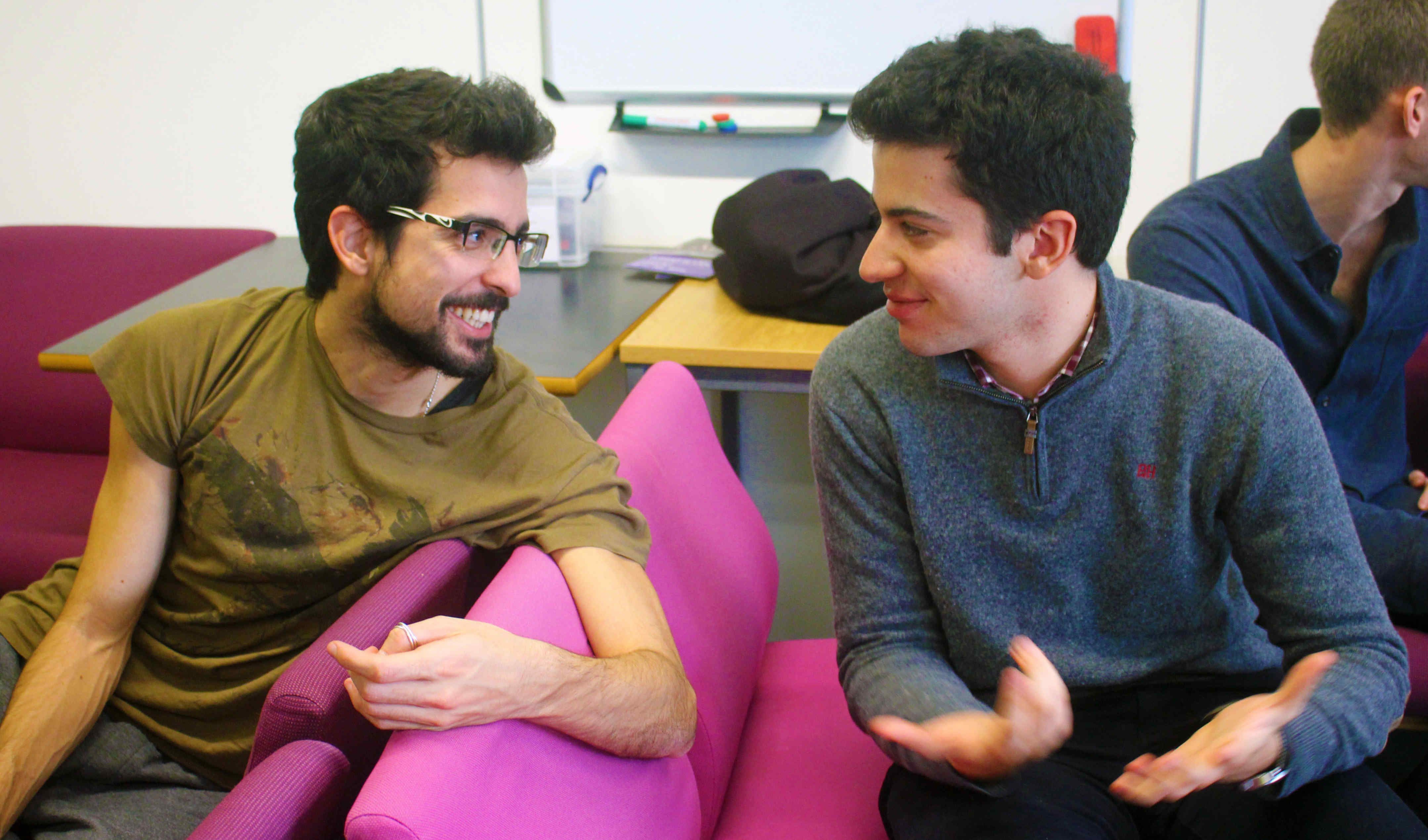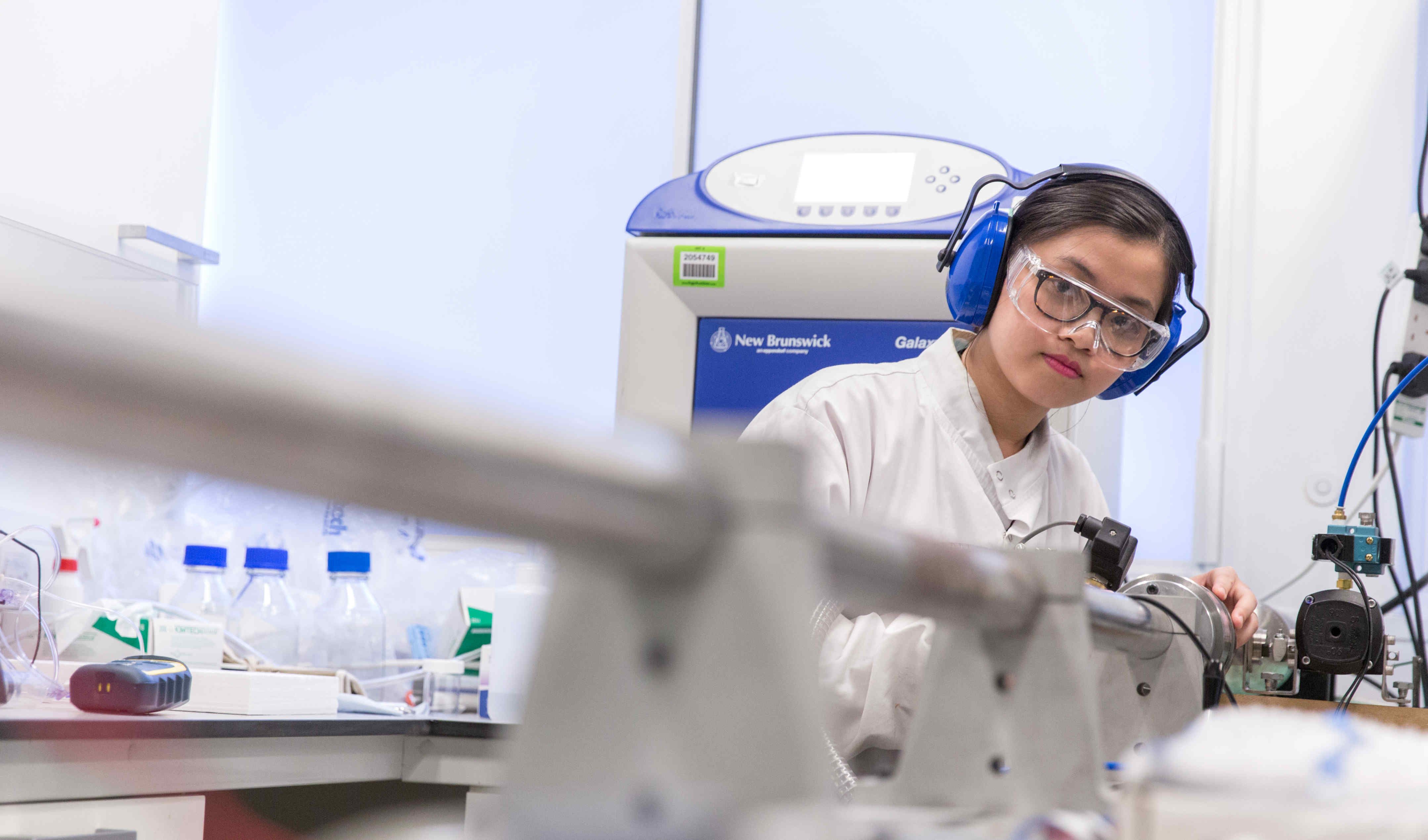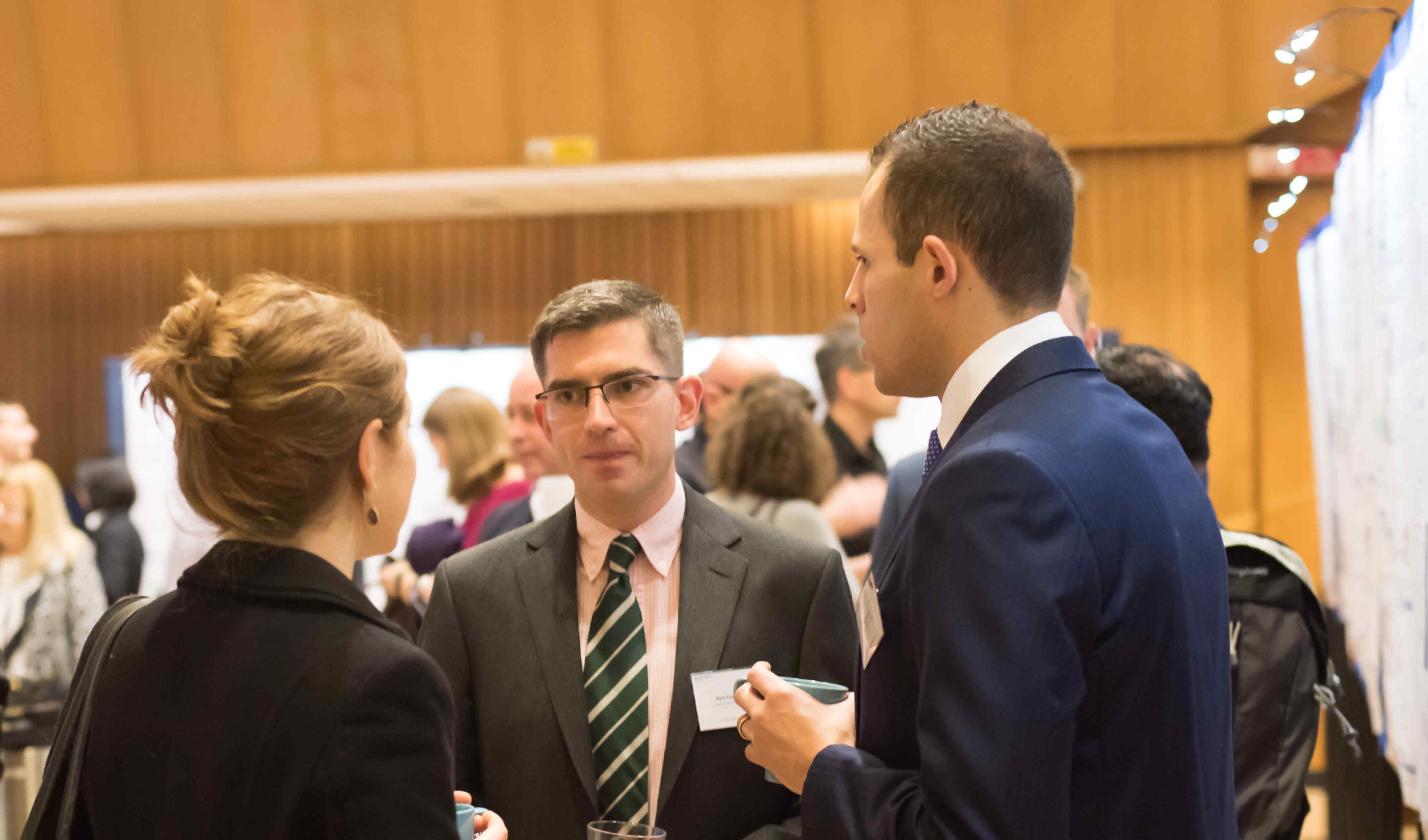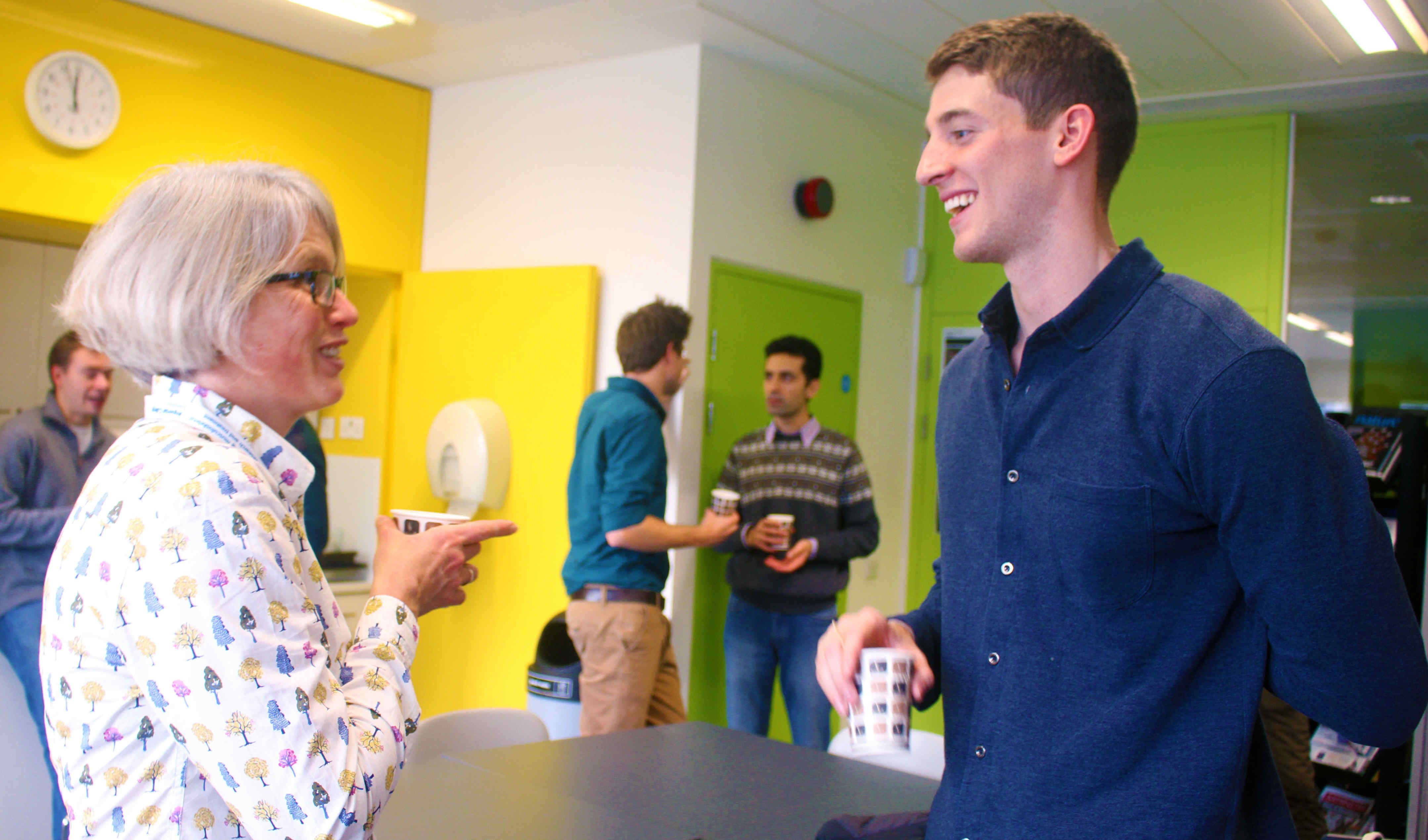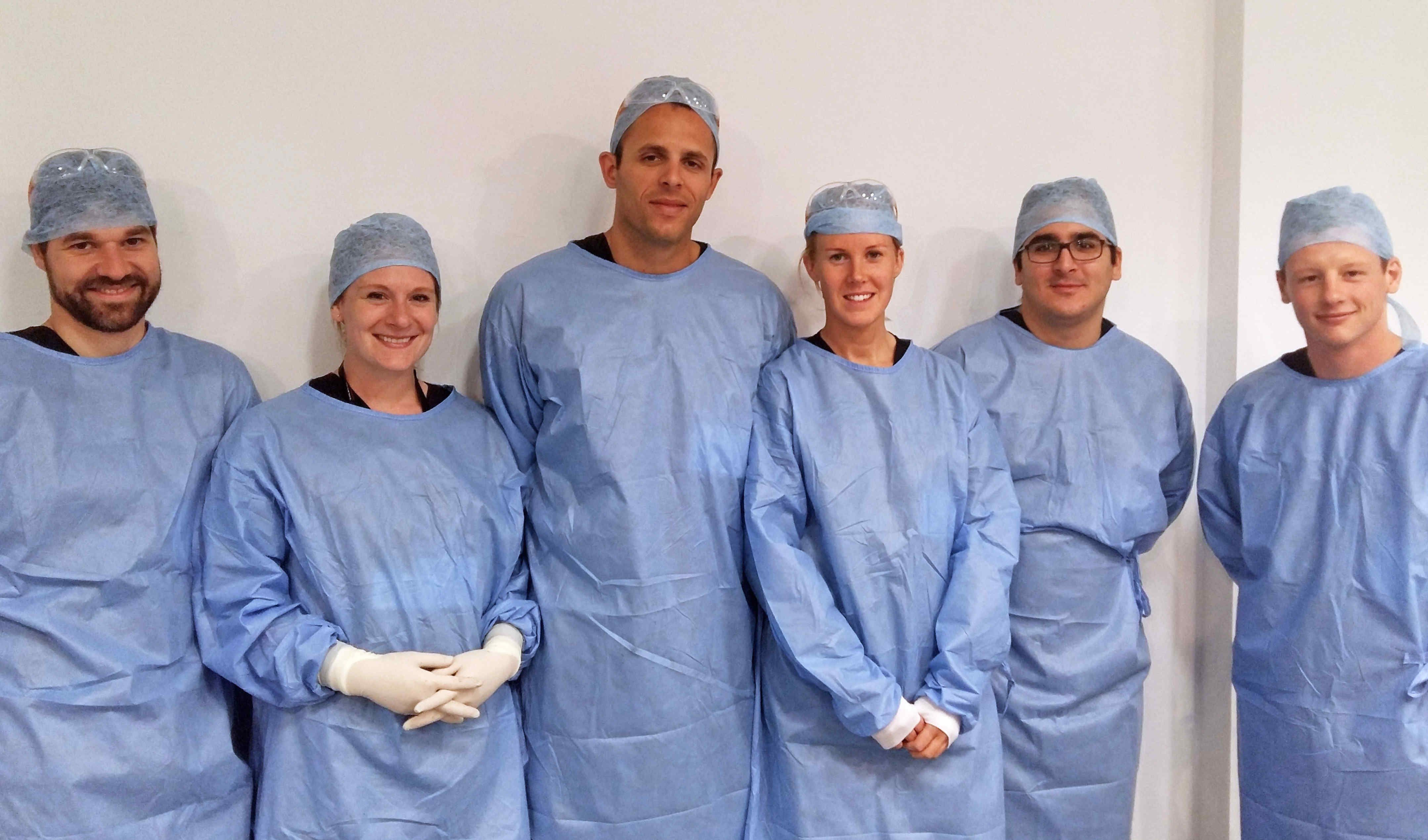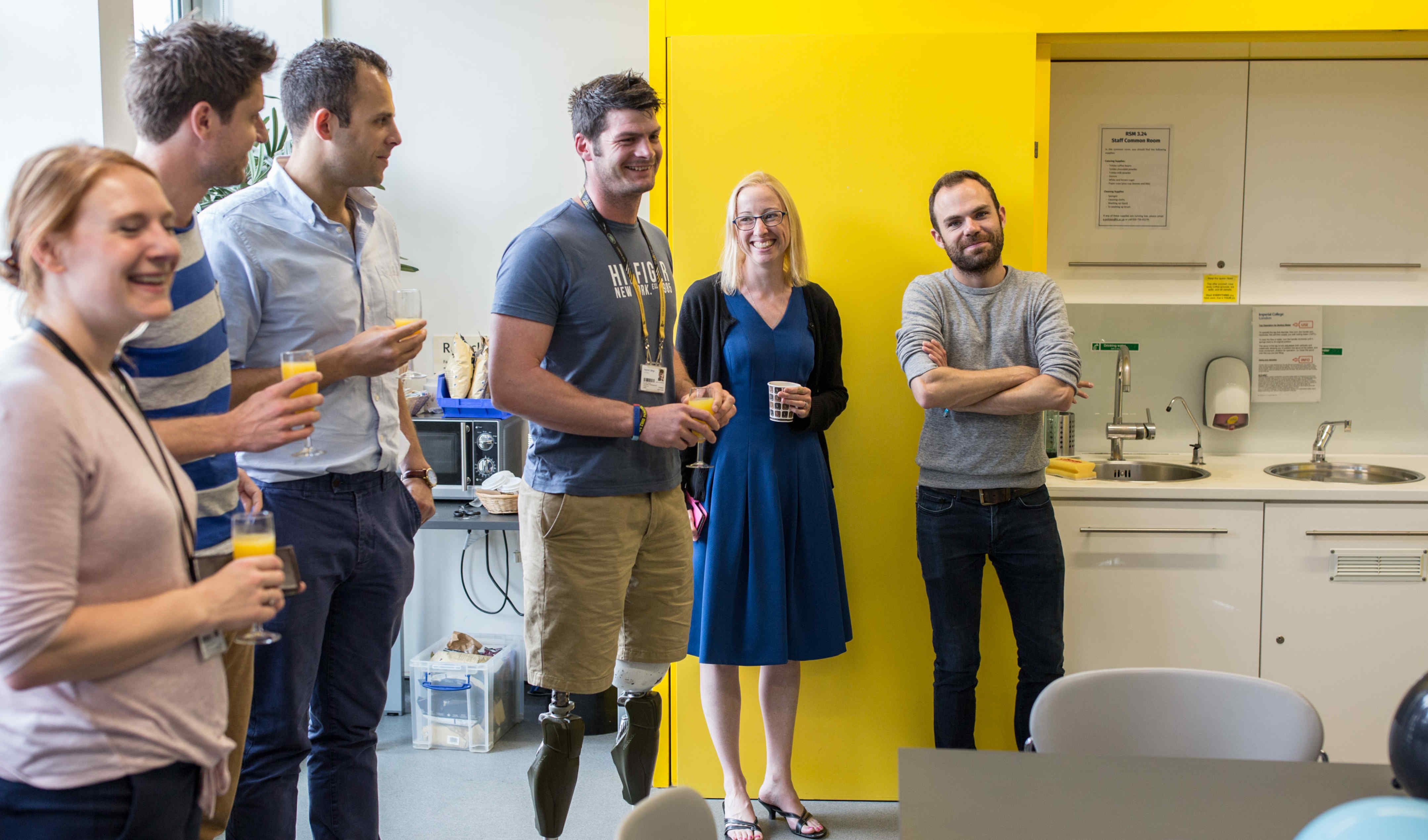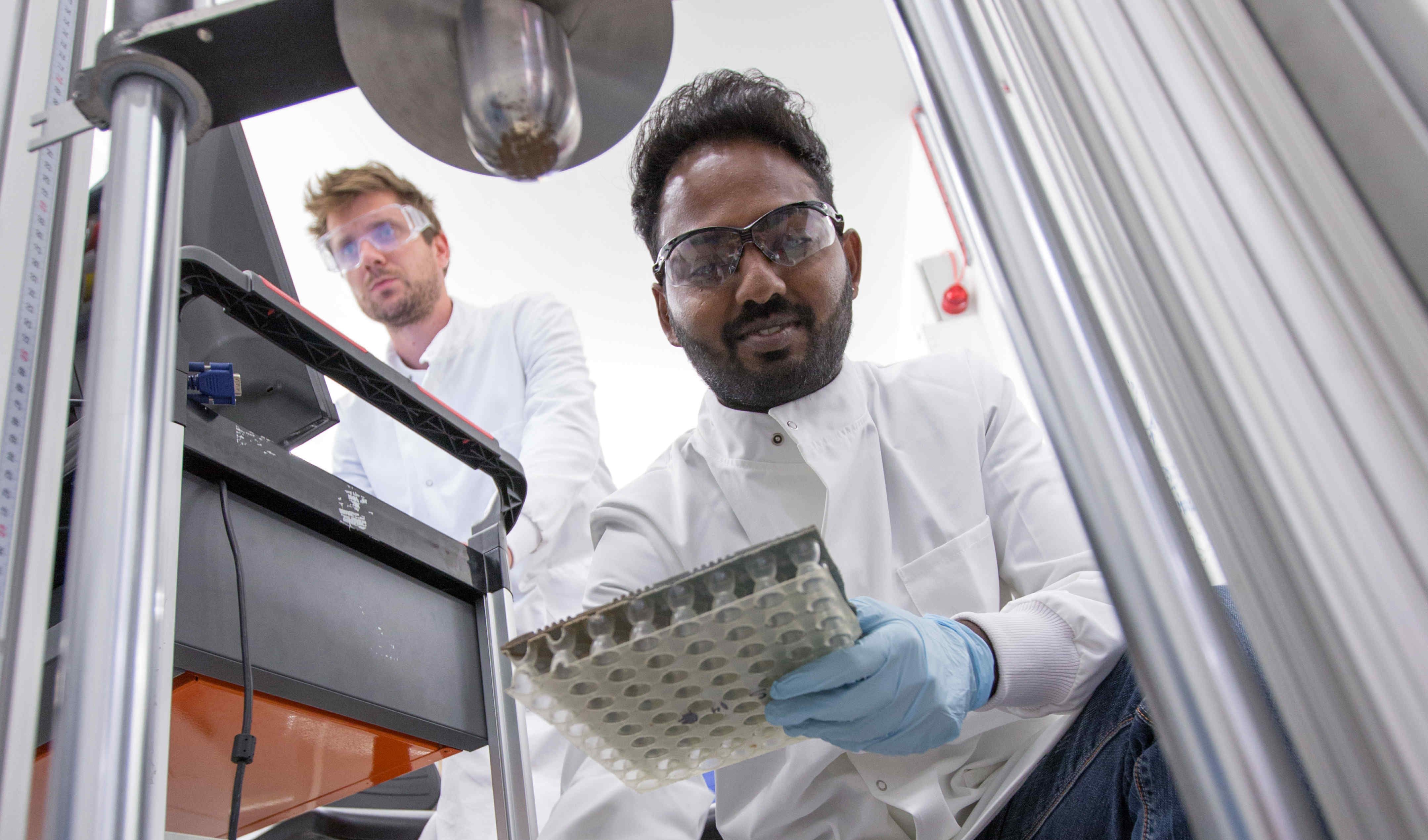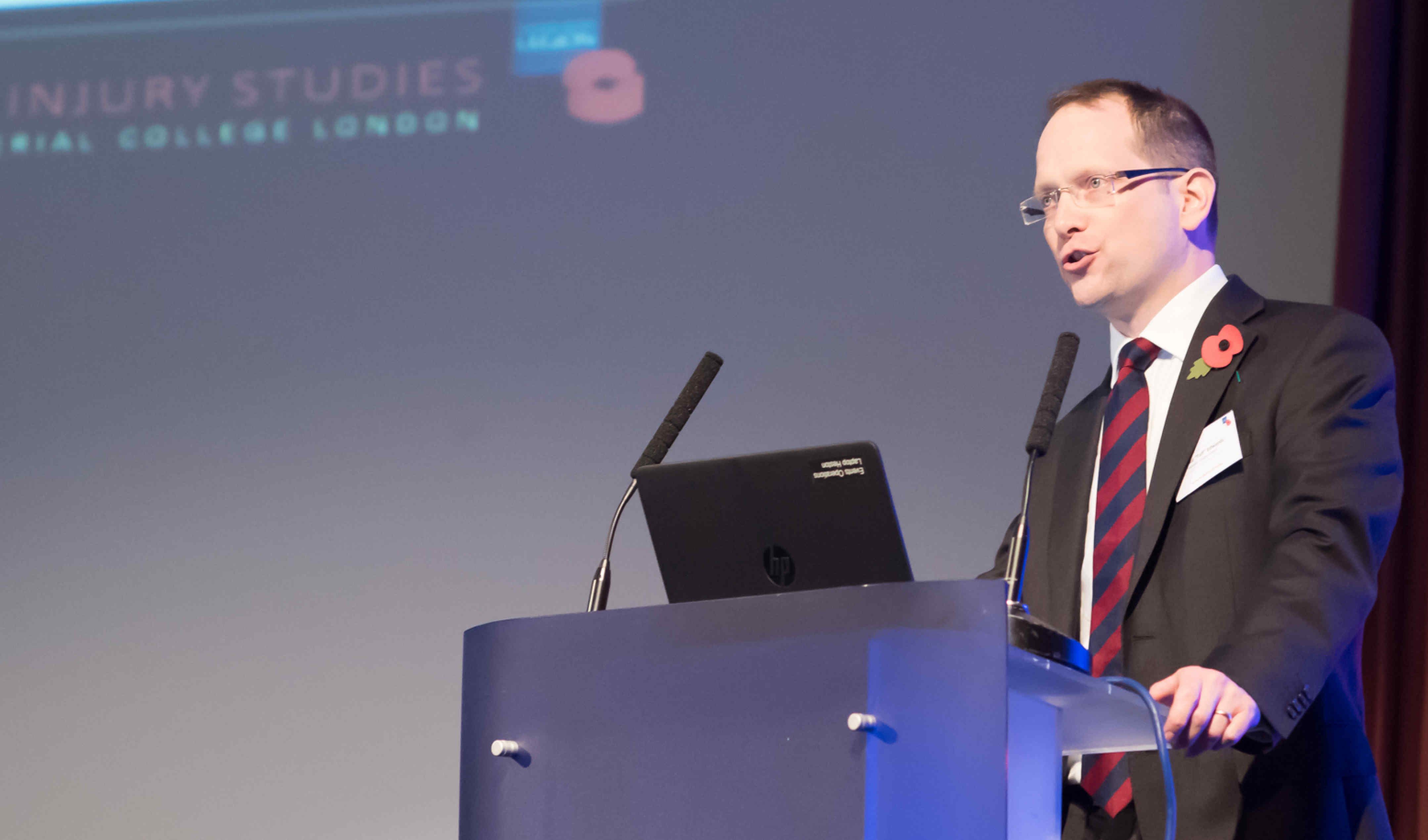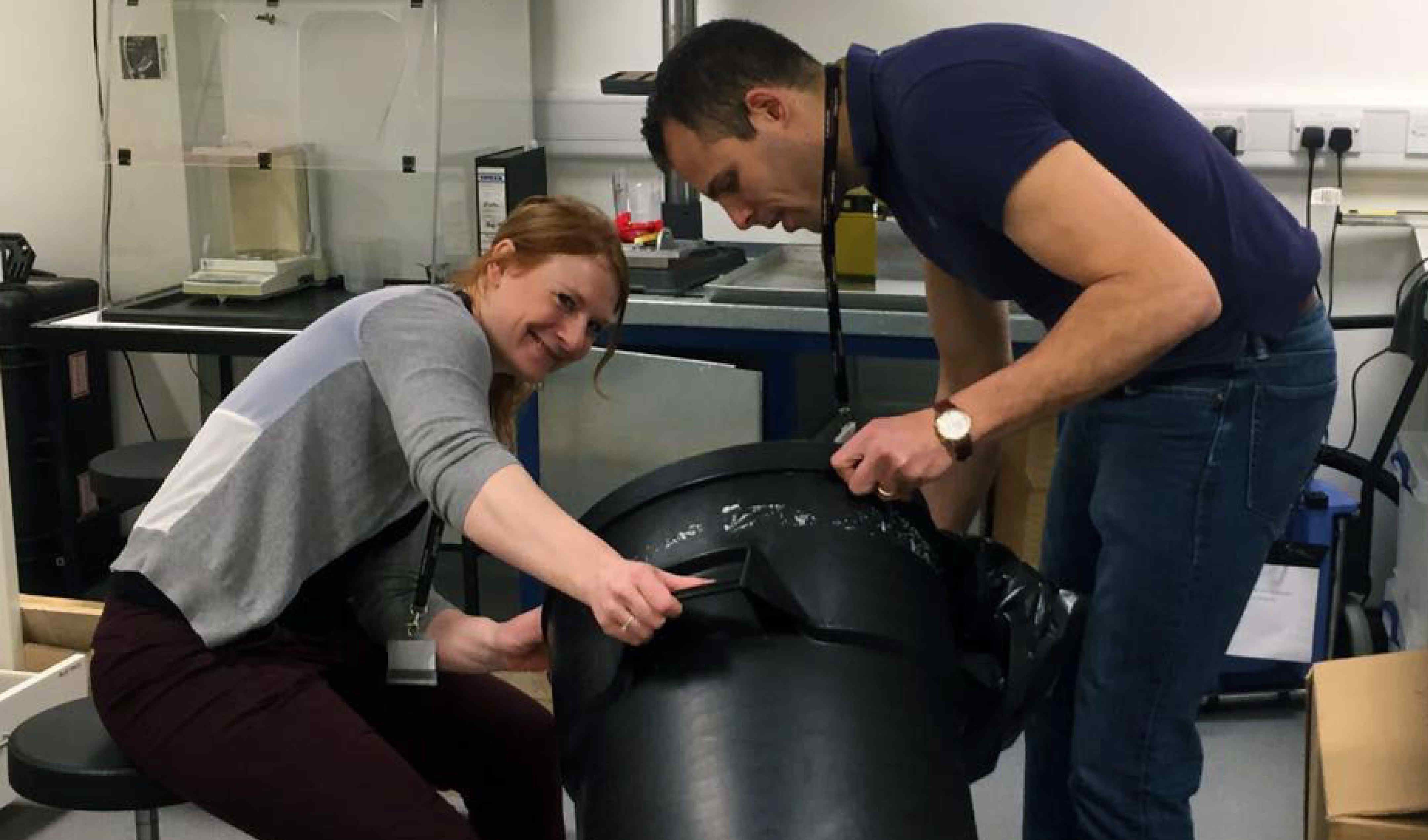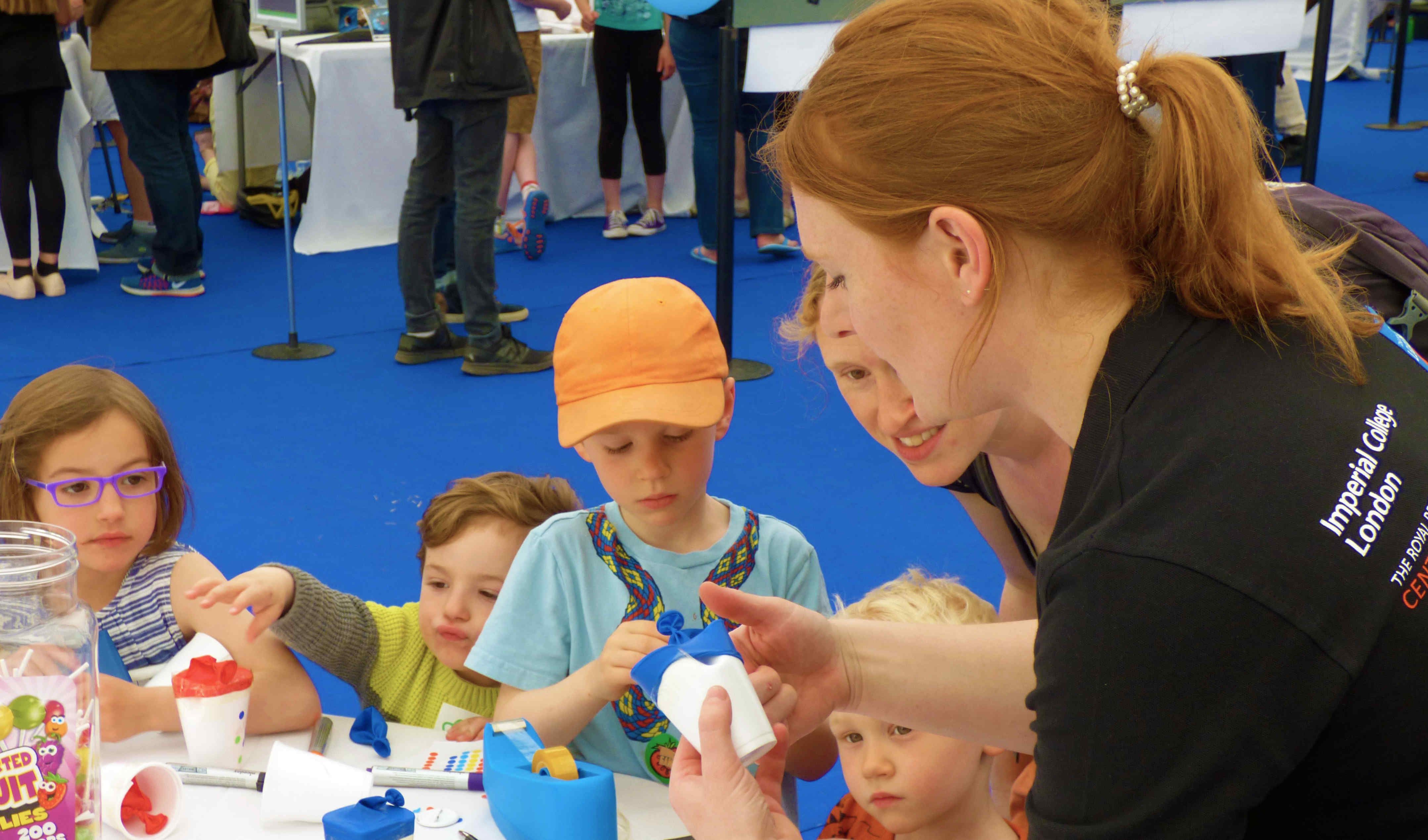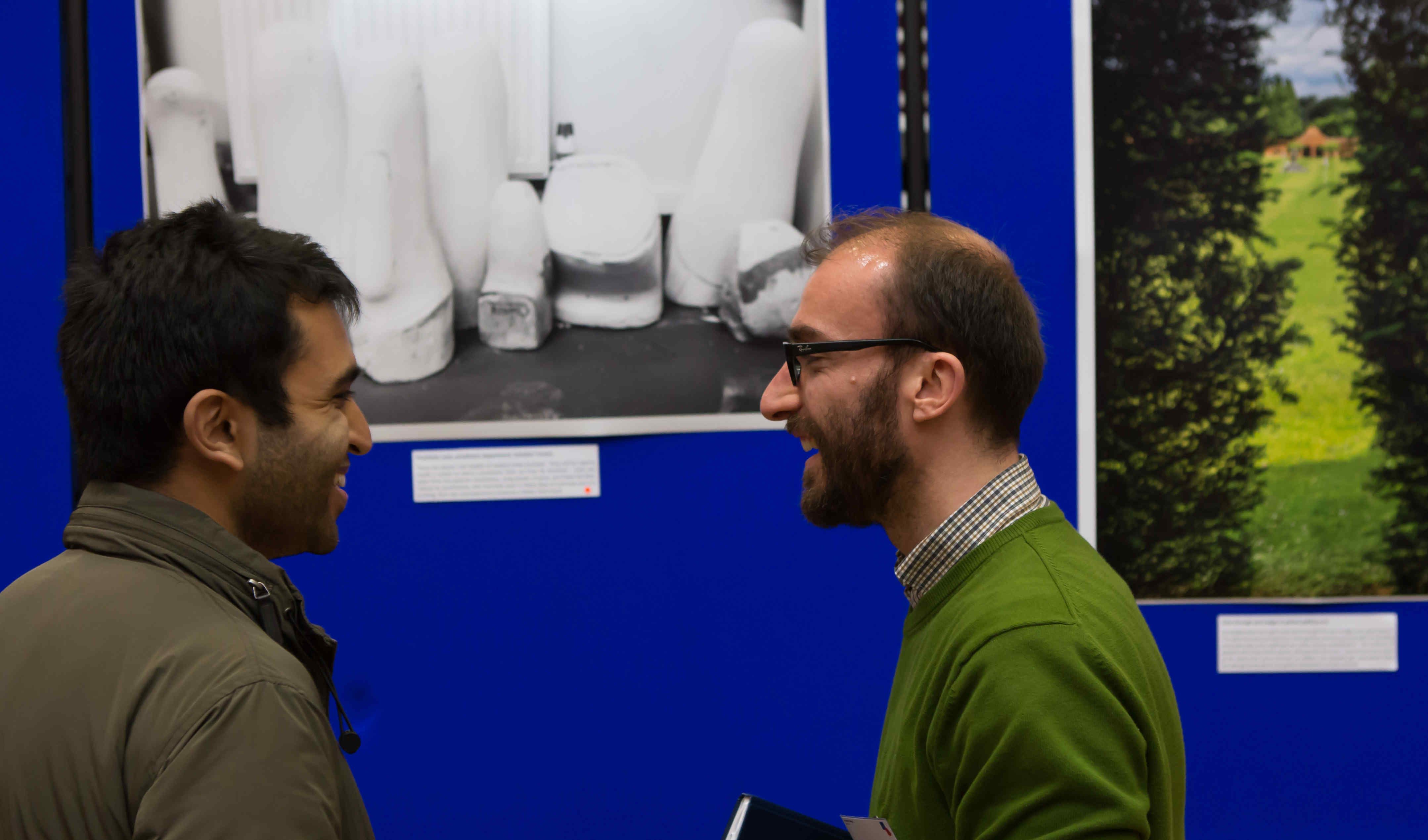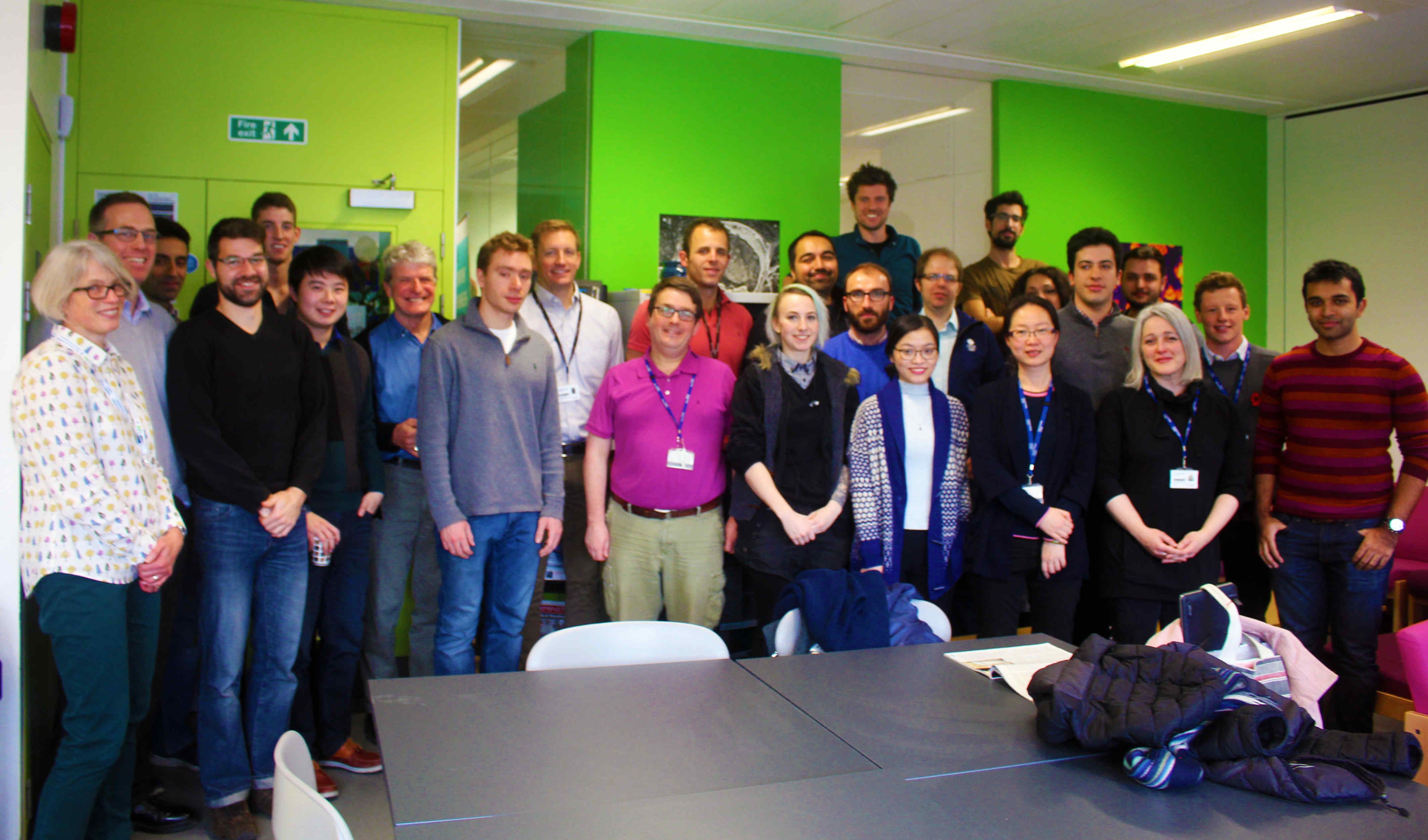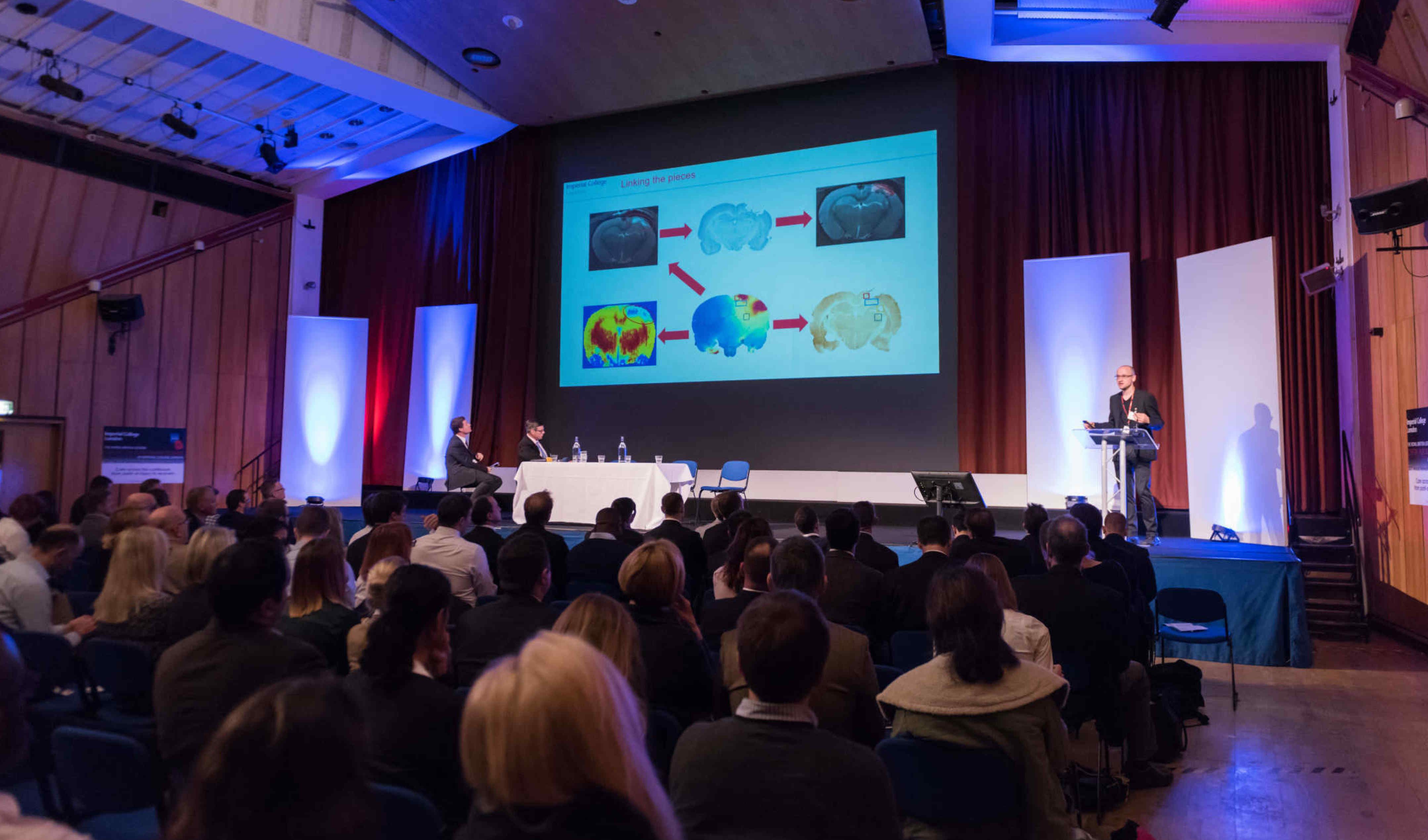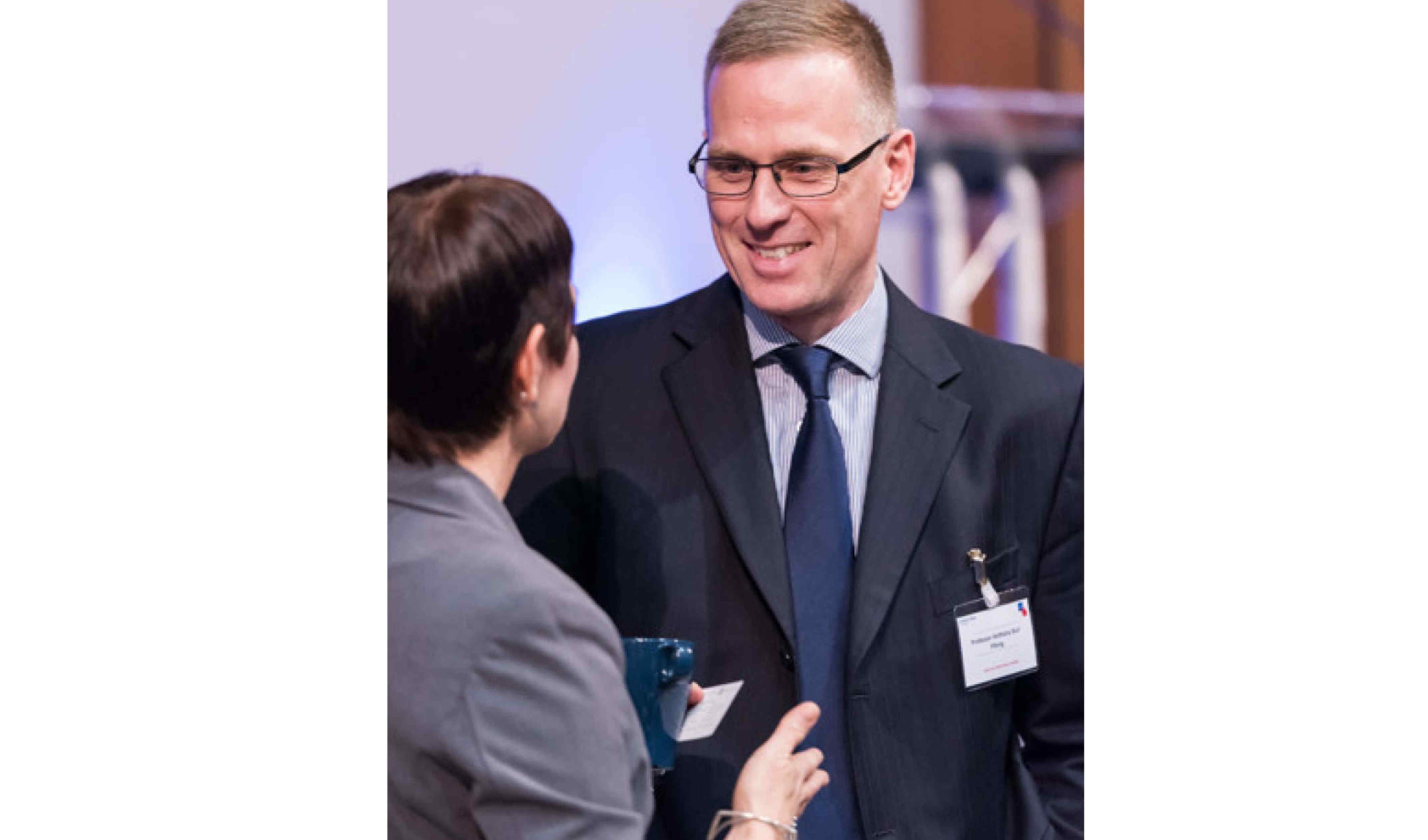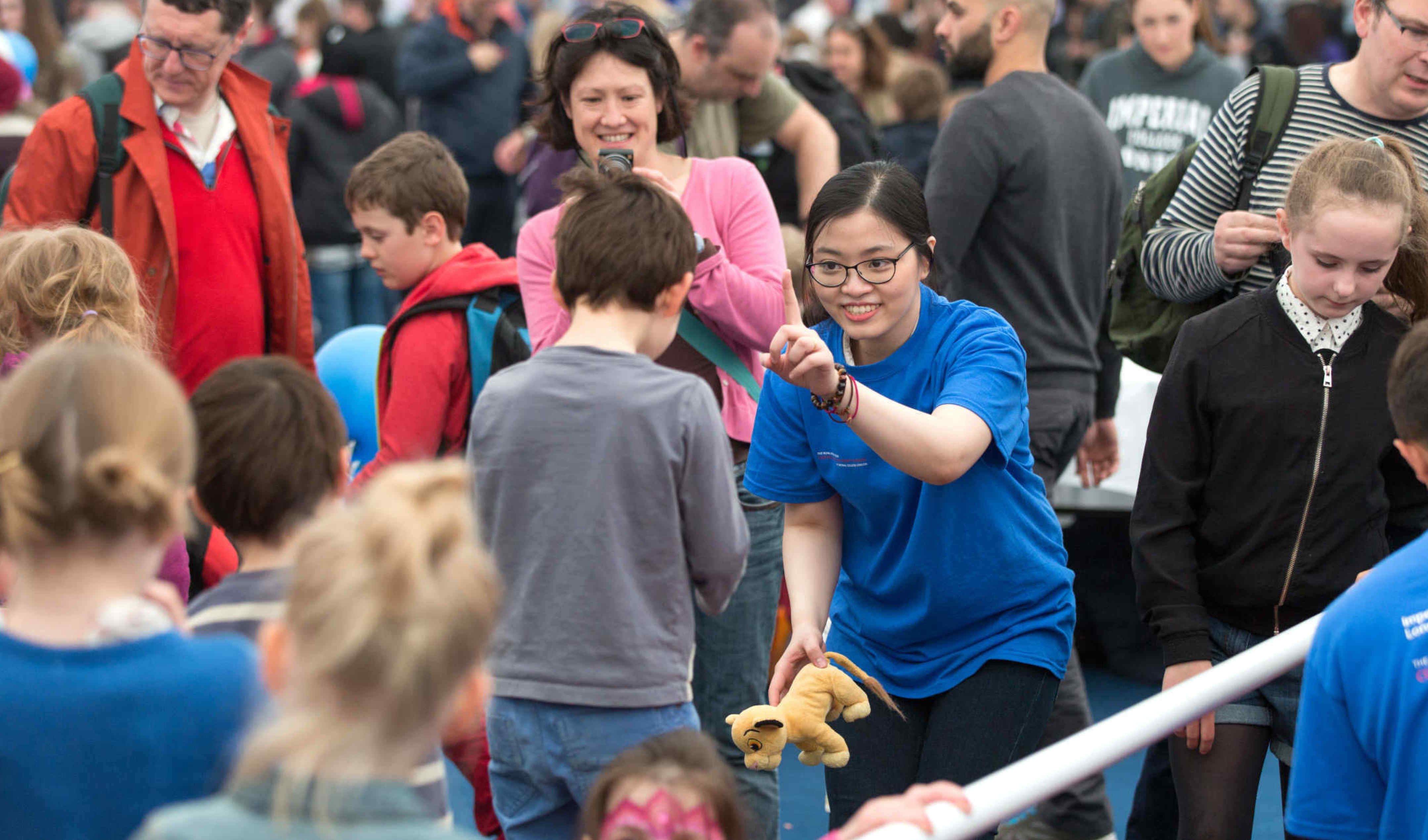PhD Studentships
The Royal British Legion Centre for Blast Injury Studies (CBIS) at Imperial College London is housed within the leading Department of Bioengineering, attracting outstanding students and researchers from around the world. The Centre is comprised of multidisciplinary collaborations between military medical officers and civilian engineers and scientists that address difficult research issues with a clinically-led approach.
Studying the effects of blast injury develops and advances treatment, rehabilitation and recovery from injury while improving mitigation and promoting understanding of complex trauma. Students will benefit from a highly stimulating environment where they undertake a range of additional training and development opportunities as part of the Centre’s PhD cohort.
Studentships (2018-19)
Funded PhD Opportunities
Details of any future studentships will be added to the Opportunities page when available.
Projects: how many studentships are available and for which projects?
We do not have any CBIS studentship positions available at the current time.
Funding: what does a CBIS studentship cover?
Studentships cover three years of Home-EU tuition fees and provide a 3-year, tax-free stipend at the standard Research Council United Kingdom rate (£16,999 per annum for 2019-20). In addition, a generous allowance is provided for research consumables and conference attendance.
Any non Home-EU applicants will need to show that they can cover the difference between the Home-EU and overseas tuition fee rates.
Application: am I eligible and, if so, how do I apply?
Please note that there are no studentships available at the current time.
For general enquiries about CBIS, its activities and opportunities, please contact us at cbis@imperial.ac.uk.




